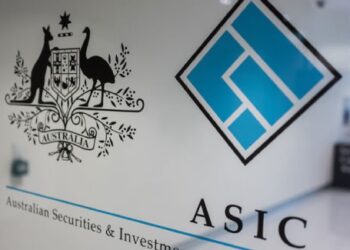Te Okeroa, head of sales, trading and customer relationships at AUSIEX, said with the older generations about to leave the system, younger generations face different challenges than those that came before them, and the transition to innovation in the digital world is continuing rapidly.
“The wealth management industry and equity capital markets are proven at adapting to help the economy find new ways to create capital and increase wealth. It is essential that industry participants become more active in understanding and discussing the changes that are now taking place and engage across the value chain to plan and execute change,” he said.
“Industry participants need to accelerate their preparations for intergenerational transfer, as the Baby Boomer boom is over.”
An AUSIEX report noted that the transfer of wealth is expected to grow to almost $500 billion per year over the next 25 years and within five years, with Baby Boomers exiting the workforce as they become eligible for retirement.
Okeroa said this demographic shift will have profound consequences for the financial industry and advisers.
According to The Value Gap, a report from Effortless Engagement, over 70 per cent of clients would like their adviser to advise their children, though it may not be a fait accompli that children will use their parents’ preferred adviser. Overseas research suggests that many inheritors change their advisers.
“Working with clients to extend conversations about transfers to beneficiaries and including them in conversations, should be a key priority for the industry, and education that directly addresses the general need across generations is particularly important,” Okeroa said.
“Advisers are increasingly leveraging digital channels to help beneficiaries better understand the transfer and investment process and how decisions will impact them.”
Okeroa continued that while the intergenerational transfer of wealth presents a substantial opportunity for advisers to engage clients and beneficiaries to establish resilient, long-term revenue streams, success is predicated heavily on their ability to add value as well as serve them profitably.
“Naturally, technology is part of the answer. Modern and fully-featured trading platforms provide advisers access to the wide range of markets and asset classes required to build bespoke client portfolios in precise alignment with their objectives and risk profiles,” he said.
“The net effect and arguably a key role of technology through the wealth transfer is to help address the challenges of communication and trust as root causes of transfer, ensuring there is a common and mutually agreed fact-base for stakeholders to deliver transfer plans their best chance of success.”


